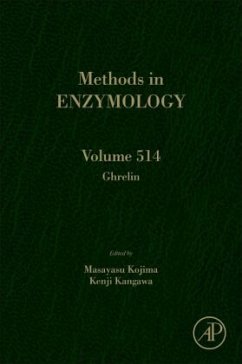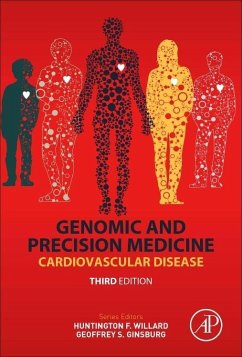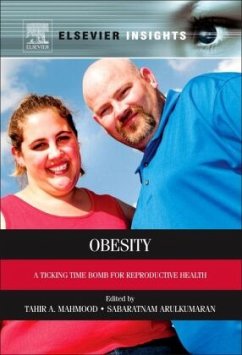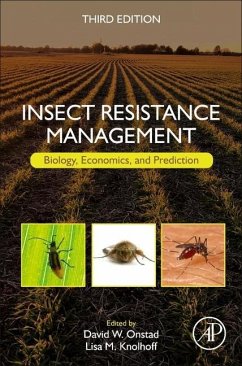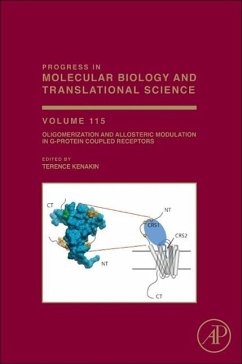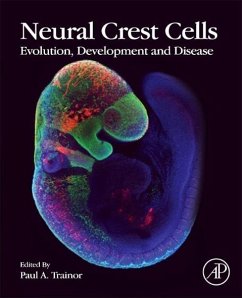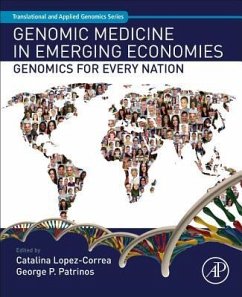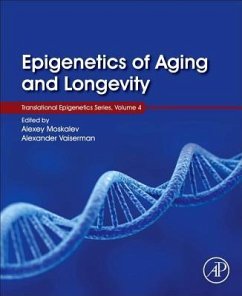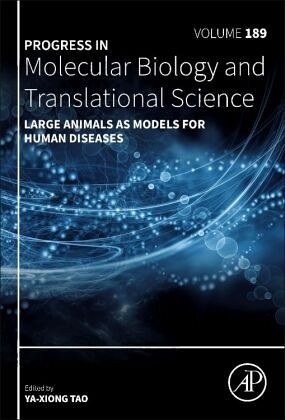
Large Animals as Models for Human Diseases

PAYBACK Punkte
53 °P sammeln!
Large Animals as Models for Human Diseases, Volume 189 in the Progress in Molecular Biology and Translational Science series, highlights new advances in the field, with this new volume presenting interesting chapters on a variety of important topics, including Sheep as a model for neuroendocrinology research, Relevance of dog as a model for urologic diseases, Relevance of lactocrine hypothesis to human maternal programming of development, Comparative aspects of embryo implantation, Pig as an animal model for obesity, Canine models of cancer, Bovine model for human ovarian diseases, Mutations i...
Large Animals as Models for Human Diseases, Volume 189 in the Progress in Molecular Biology and Translational Science series, highlights new advances in the field, with this new volume presenting interesting chapters on a variety of important topics, including Sheep as a model for neuroendocrinology research, Relevance of dog as a model for urologic diseases, Relevance of lactocrine hypothesis to human maternal programming of development, Comparative aspects of embryo implantation, Pig as an animal model for obesity, Canine models of cancer, Bovine model for human ovarian diseases, Mutations in G protein-coupled receptors in large animals: Modeling human diseases, and more.





